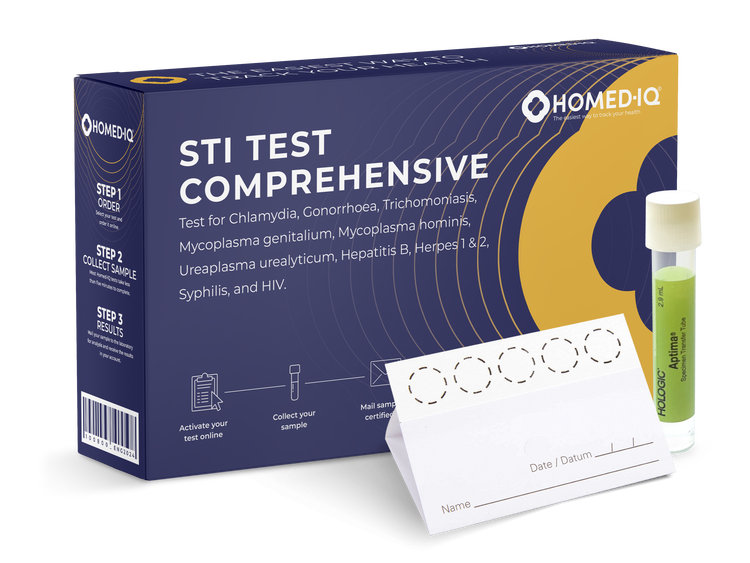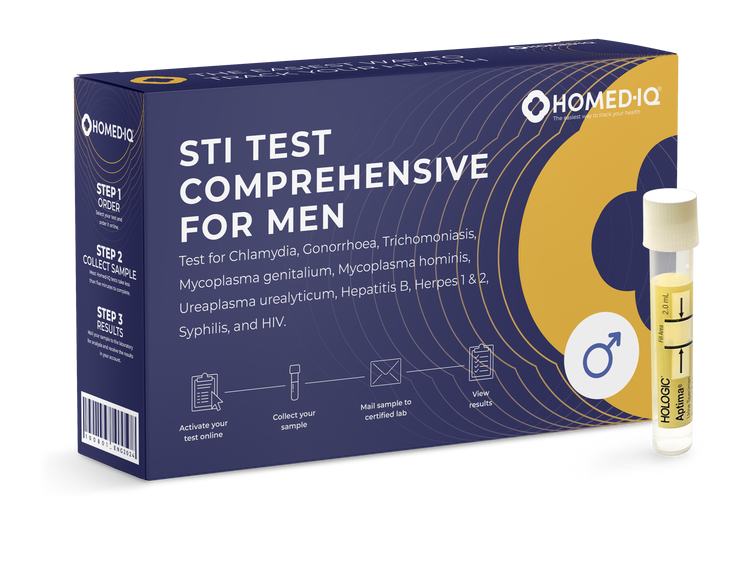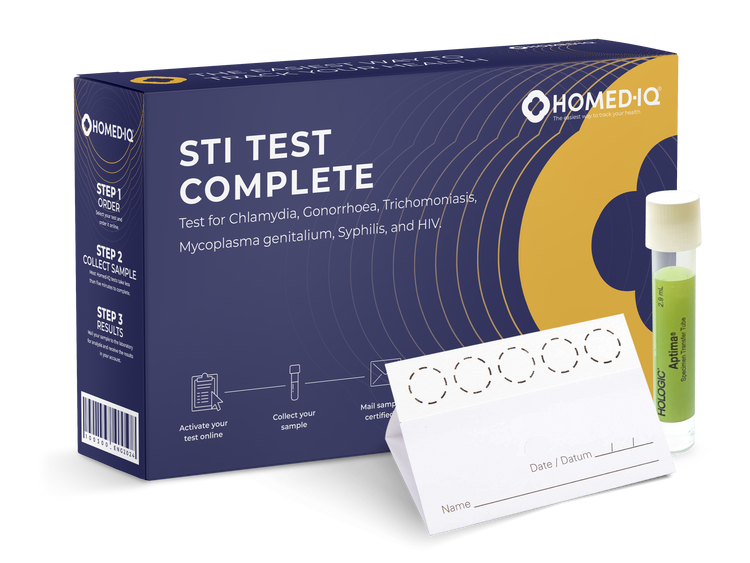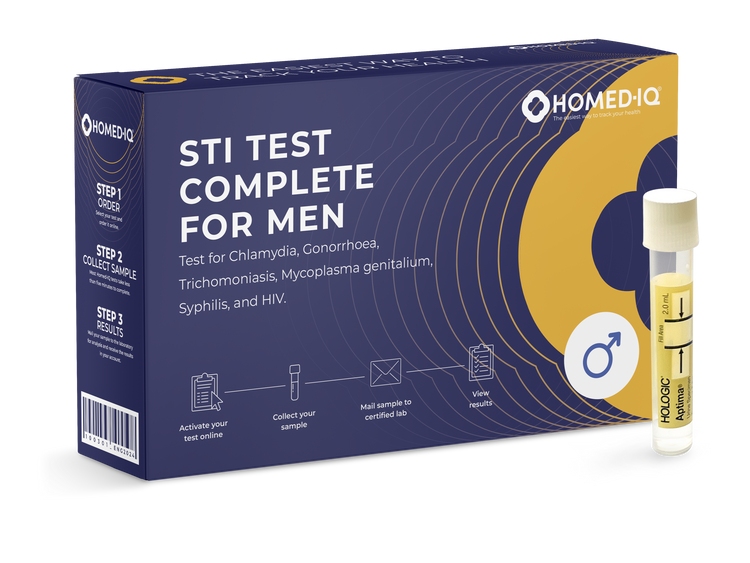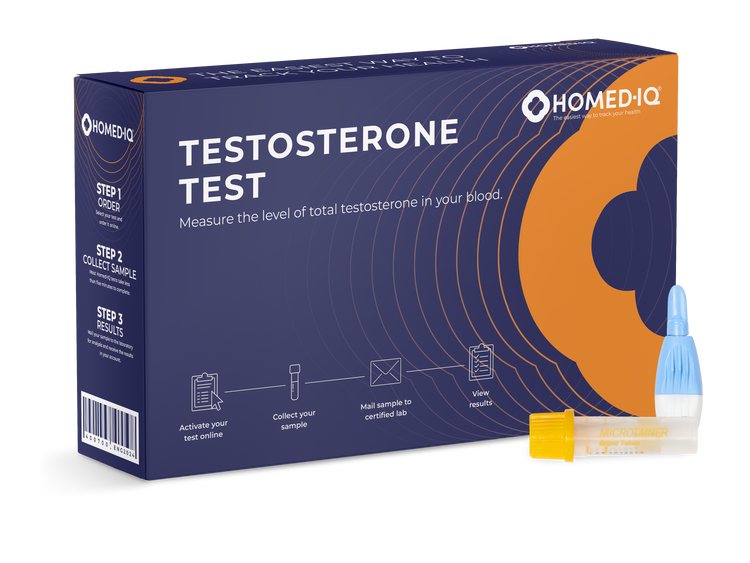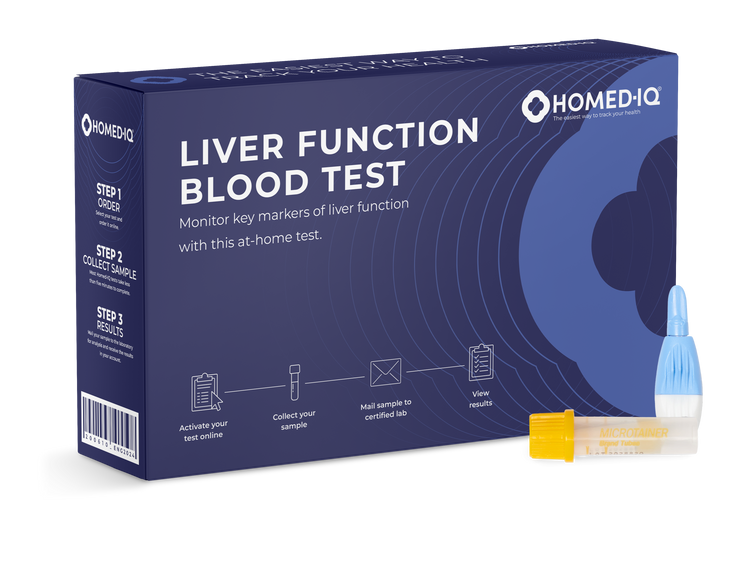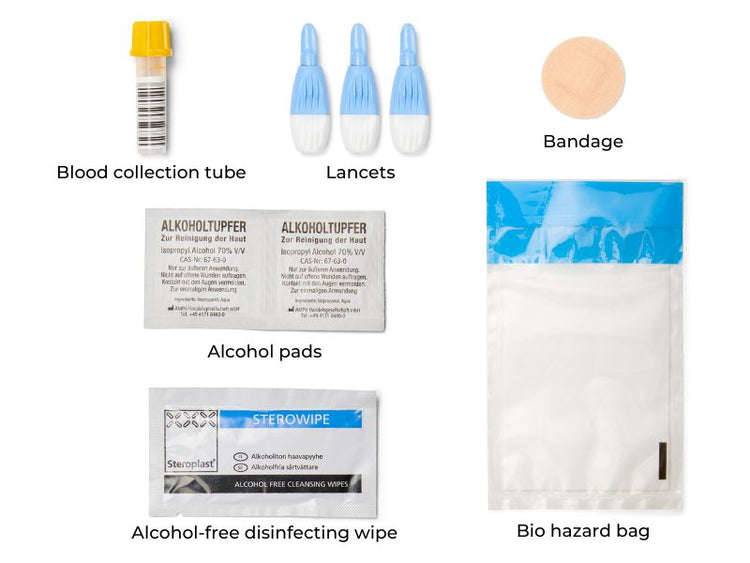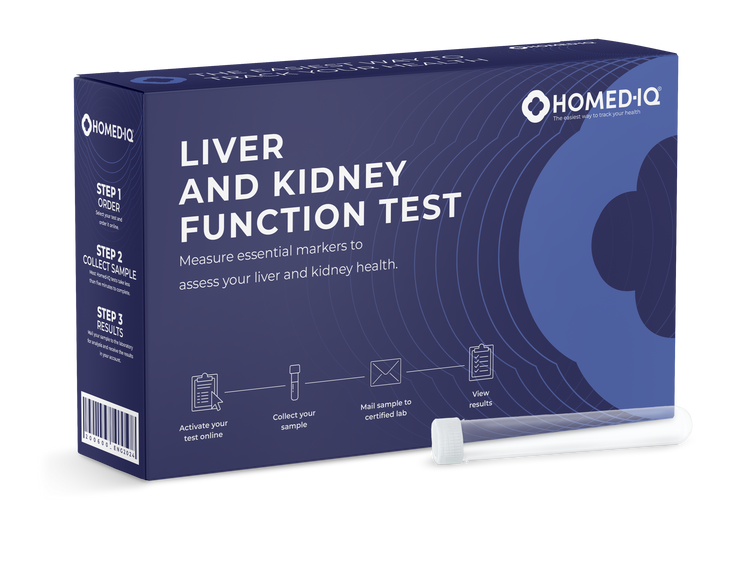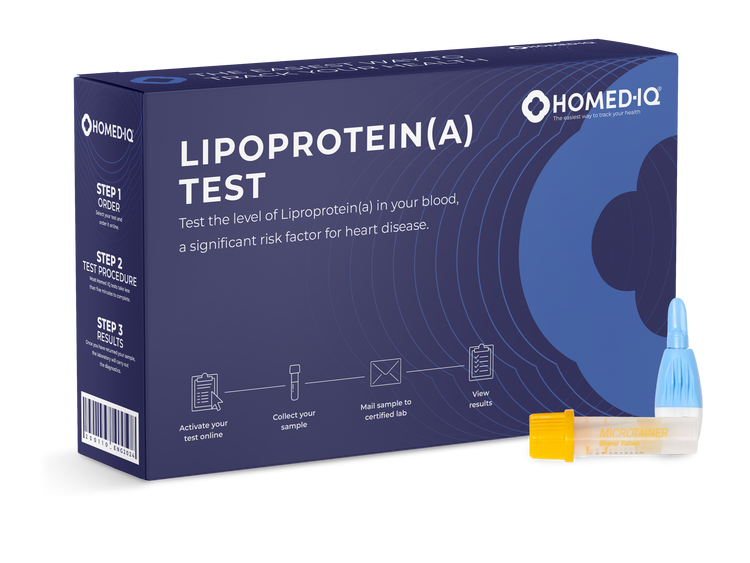Vitamin D
Vitamin D is needed for healthy bones, muscles, and teeth, as well as reducing inflammation in the body. Low Vitamin D is associated with fatigue, depression, and a lack of energy. Vitamin D deficiency can go unnoticed and affect the quality of your workouts and performance. While Vitamin D can be obtained through diet and by exposure to sunlight, Vitamin D deficiency is common during the autumn and winter months due to a lack of sun. This test measures the amount of vitamin D in your blood. If you are found to have a deficiency, you can start taking supplements to ensure low vitamin D does not affect your energy levels and athletic performance.
Vitamin B12
Vitamin B12 is an essential nutrient that is crucial for brain function, nerve health, the formation of healthy red blood cells, and the creation of DNA. Adequate vitamin B12 is essential for sufficient energy levels and recovery after exercise, as this vitamin supports energy metabolism and blood health. Since vitamin B12 is almost exclusively found in animal products, people who do not eat enough of these foods or have problems absorbing this vitamin may develop a deficiency. Vitamin B12 deficiency can cause fatigue, low mood, muscle weakness, and feelings of breathlessness. That is why detecting and treating a vitamin B12 deficiency before severe symptoms occur is very important, particularly for athletes.
Magnesium
Magnesium is a mineral that is important for many body processes, including muscle and nerve function, blood pressure regulation, and the creation of bones and DNA. Athletes in particular have an increased need for magnesium, as it is particularly important for processes that consume energy. For example, magnesium has been linked to improved muscle performance and muscle movement, and aids in muscle relaxation and recovery.
A magnesium deficiency can weaken your bones, cause muscle tremors and cramps, and increase symptoms such as tiredness and sleepiness. There is also an increased risk of cardiac arrhythmia (irregular heartbeat) and palpitations, as the heart itself is a large muscle. A magnesium test indicates whether you have enough magnesium from your diet or whether you could benefit from supplementation.
Iron
Iron is a mineral your body needs to create hemoglobin, which transports oxygen around the body. Without sufficient iron, the production of red blood cells decreases and iron-deficiency anemia can occur. Because iron is essential for oxygen transport and energy metabolism, a deficiency can strongly affect aerobic exercise abilities and endurance. This can cause breathlessness, dizziness, fatigue, and reduced performance. An iron test measures how much iron is in your blood. By testing your iron level you can know whether changes in your diet or iron supplements are needed.
Ferritin
Ferritin is a protein that stores iron, allowing your body to use iron whenever it needs it. If your ferritin levels are low, it can be a sign of iron deficiency. The body needs iron for the production of hemoglobin. Hemoglobin carries oxygen in your blood from your lungs to the rest of your body. In severe cases, or left untreated, iron deficiency can lead to anemia – a reduced level of hemoglobin or red blood cells. It is therefore extremely important for athletes to be aware of their ferritin levels in order to prevent iron deficiency or anemia and to prevent any negative effects on their athletic performance.
Testosterone
Studies have found that approximately 40% of men over the age of 45 have low testosterone levels, and that total testosterone levels in young and adolescent men are declining over time. Since testosterone affects multiple body systems, identifying and treating a testosterone imbalance is important for health and wellbeing in men and women. Testosterone is the primary sex hormone found in males and responsible for the male attributes gained in puberty such as a deep voice, body hair, and muscle mass. Testosterone is also present in women in lower levels, and influences bone and muscle mass, growth and repair of reproductive tissues, sexual function, and mood.
Low testosterone in men and women can affect energy levels, muscle mass, sex drive, strength, and concentration. Total testosterone is a measurement of both the free testosterone and the testosterone that is attached to proteins in the blood. Since the symptoms of testosterone deficiency are often non-specific, checking your total testosterone levels with a blood test can give you insight into your hormonal balance and provide an indication if treatment is needed for testosterone imbalance.
![Woman in professional cozy kitchen with Homed-IQ test kit]() 1
1![]() 2
2![]() 3
3![]() 4
4








